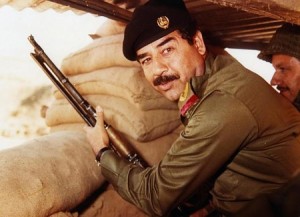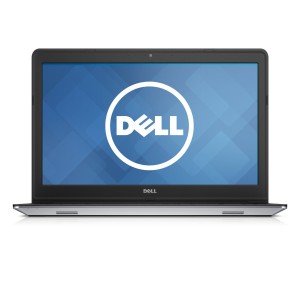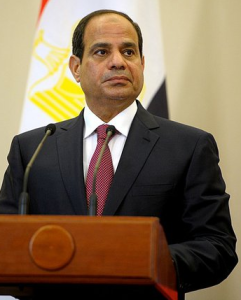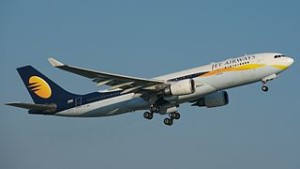Weighing in on the Iran nuclear deal, Saudi Arabia is satisfied with US President Barack Obama’s assurances and they believe that the agreement will contribute to security and stability in the area. Saudi King Salman met with Obama on Friday at the White House and was the king’s first visit to the US since he took the throne in January of 2015.
Saudi Foreign Minister Adel al-Jubeir said,
“Now we have one less problem for the time being to deal with, with regards to Iran. We can now focus more intensely on the nefarious activities that Iran is engaged in in the region.”
Having skipped a Gulf Arab summit at Camp David in May, Salman was seemed to have snubbed Obama over the Iran strategy. However, the recent visit appears to have smoothed over those issues.
Saudi Defense Minister Mohammed bin Salman also met on Friday with US Secretary of Defense Ash Carter and they discussed Saudi Arabia’s defense needs.
As Obama said on Friday,
“We continue to cooperate extremely closely in countering terrorist activities in the region and around the world, including the battle against ISIS.”
![Somewhere south of Mahbes, Western Sahara, in the freed zone. Sahrawi women in the II International march against the Moroccan built wall that divides western Sahara. The longest wall built on Earth, this wall consists of a long wall with a berm, barbed wire, millions of landmines and electronic systems, survived by thousands of Moroccan soldiers.By Western Sahara (Sahrawi women against the wall of shame) [CC BY-SA 2.0 (http://creativecommons.org/licenses/by-sa/2.0)], via Wikimedia Commons](http://www.omrannews.com/wp-content/uploads/2015/08/512px-Sahrawi_women_against_the_wall_of_shame-300x225.jpg)


![The Apple Store in Istanbul. Photo by By Robert S Donovan [CC BY 2.0 (http://creativecommons.org/licenses/by/2.0)], via Wikimedia Commons](http://www.omrannews.com/wp-content/uploads/2015/05/Apple_Zorlu-Robert_S_Donovan-300x200.jpg)

